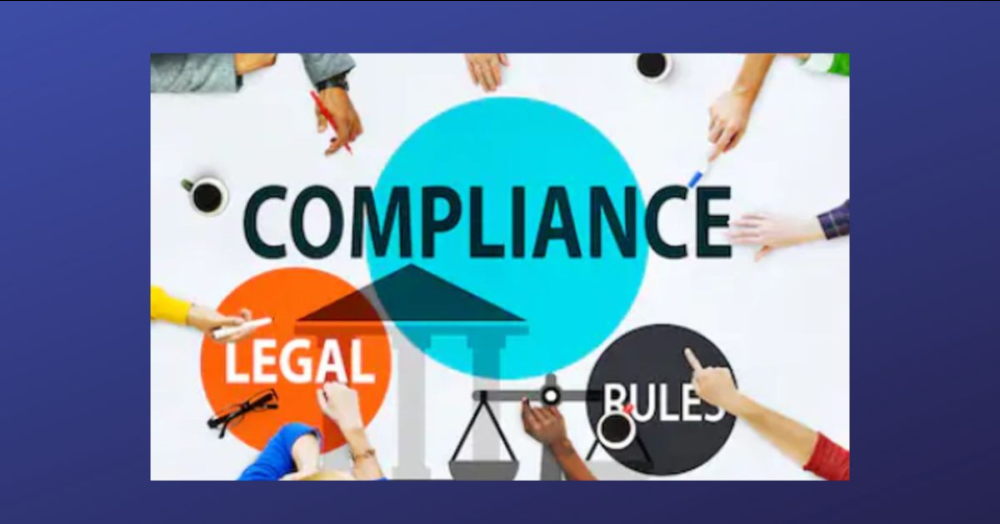Landlords, letting agents and tenants across the UK have kept track of the progress of the proposed rental reform changes as new details emerge.
Landlords, letting agents and tenants across the UK have been keeping track of the progress of the proposed rental reform changes as new details continue to emerge.
In June this year, the White Paper on Rental Reform was finally published after many months of delays. However, since then, Prime Minister and Conservative party leader Boris Johnson has resigned following a spate of resignations to force him to go.
Currently, the two candidates for the new Tory Party leader and prime minister are Liz Truss and Rishi Sunak, with Truss seen by many as the favourite.
Johnson’s resignation has caused people to question whether rental reform changes will proceed and what measures will be introduced. It certainly now seems unlikely that any measures will be introduced before the end of the year, unless the new PM decides to make rental reform a priority.
What are the proposed rental reform changes?
Landlords have been the subject of an influx of new regulations and legislation in recent years, but more changes are underway. With councils being supported by enforcement pilots and given more power to impose fines, landlords must comply with these changes to stay compliant.
Housing Secretary at the time Michael Gove put forward the “A fairer private rented sector" White Paper to reform the private rental sector and improve housing across the country.
These changes will form part of the Renters’ Reform Bill which will go through parliament. Although a timetable for this is yet to be confirmed, landlords are advised to prepare for the expected changes that were outlined in the White Paper.
Under these new rules, Section 21 evictions will be eliminated, meaning that landlords only have the power to evict if there is a valid ground for possession.
As we enter a recession and the cost-of-living crisis takes a toll on low-income households, these new guidelines could help those who face financial difficulty. But many argues they also shift powers from landlords to tenants, making it more challenging to remove anti-social or rogue tenants from a home.
Blanket bans on renting to families with children and tenants who receive benefits are set to be disallowed.
Meanwhile, despite the fear many landlords have of cats, dogs, or other pets causing damage to rental properties, new changes that will allow tenants to request a pet in their rental home aim to make it easier for tenants to keep pets.
The government also shared plans to extend the Decent Homes Standard to the private rented sector. Letting agents and landlords already have a long list of rules and obligations to adhere to which prevent unsafe housing, but more vigorous systems will be put in place across the private rental sector under these proposals.
The next steps for landlords
It’s hard to know exactly when the rental reform proposals will make their way to parliament in a formal bill. Both of the leadership candidates for the next Prime Minister have promised not to rip up the manifesto that Boris Johnson won on, but neither has mentioned rental reform in their pitches to party members and there is a chance they will want to change tack.
That said, the proposals have broad cross-party and public support and are already fairly far down the line – with a comprehensive White Paper setting out the government’s intentions – so whoever takes over may decide to just carry on as before. Equally, to appease landlords to a greater extent, they may decide to water down or remove certain proposals that are particularly controversial.
The journey to rental reform has seen multiple delays due to Brexit, Covid 19, and the invasion of Ukraine. With Boris Johnson’s successor scheduled to be confirmed next month, many presume changes could be further adjusted to fit their agenda.
Landlords need to start preparing for radical changes to the eviction system now, so they are ready to guide tenants through the new system when it eventually arrives.
What is certain is more robust systems, such as a new property portal, are in the works to improve housing and tackle rogue landlords.
Landlords are urged to team up with a knowledgeable local letting agent to help them keep compliant and make the most of their rental property during this time of change.
Our mission is to be respected by our clients and to be trusted in helping them through the moving process which can be extremely stressful. In order to achieve our mission, we believe in building relationships, following through on what we say we will do, providing excellent service by going the extra mile in whatever way we can, adding value to our customers experience not just in monetary terms.

